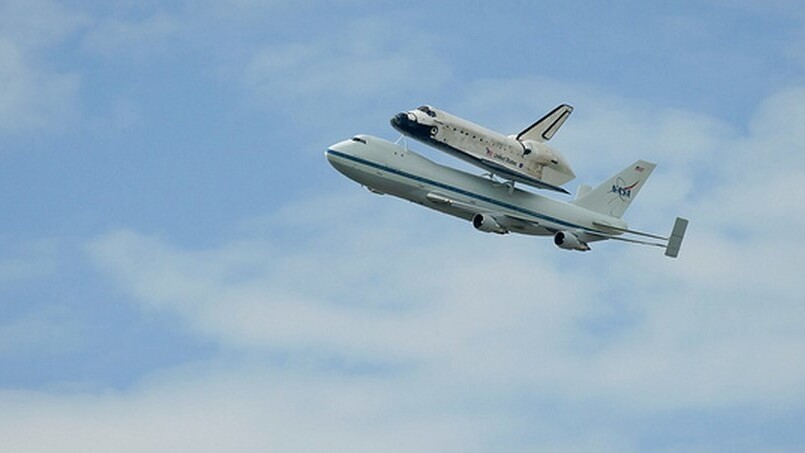
Good news: It appears that NASA may get the first chunk of money needed to kick off a project to snag an asteroid, put it in orbit around the Moon, and study it. Yes, this is precisely and exactly as cool as it sounds.
According to the Christian Science Monitor, President Barack Obama is setting aside $100 million in a 2014 budget. As with everything involving budgets and Washington, when this becomes law we’ll get more exited. For now, however, this is simply an awesome potentiality.
However, the project is damned expensive. According to Space.com’s Mike Wall, the total cost could total to $2.6 billion. That’s twenty-six times as much as the first $100 million allotment.
Still, the project would be a coup for NASA, putting it back into the hearts and minds of the American public. At the end of the Space Shuttle program, NASA was at a low ebb with the public. Snagging an asteroid that would weigh 500 tons, and executing daring spacewalks would help it recapture an imagination or two.
The first $100 million, according to the Monitor, would go towards finding the right asteroid to lasso.
Naturally, on a more practical level, spending time becoming besties with our very own asteroid would have myriad benefits, including the assistance of our efforts to learn enough about the darn things to perhaps direct our efforts to deflect them from smacking our planet. As we recently saw in Russia, they do in fact fall out of the sky and hit hard indeed.
Now get your space on and realize that this is a great way to spend our national funds:
Top Image Credit: NASA Goddard Photo and Video
Get the TNW newsletter
Get the most important tech news in your inbox each week.
